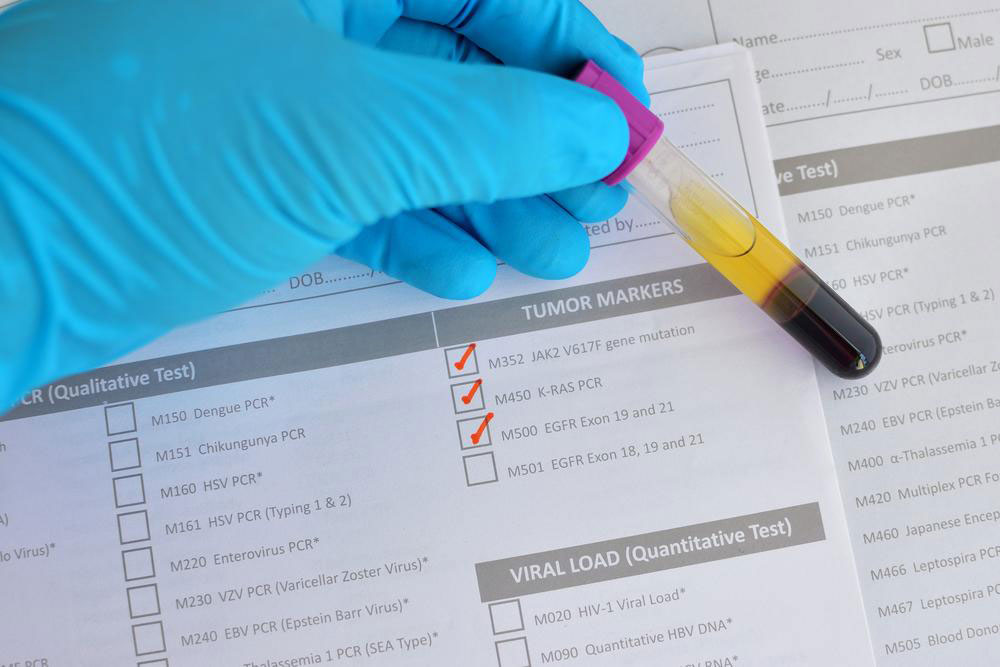A brief insight into the age-specific PSA levels chart
While the age-specific PSA level chart is highly beneficial in detecting cancer at an early age, it remains to be one of the contested methods in the medical industry. This is generally because the age-specific PSA test does not always yield conclusive results. While the logic of several researchers about the association of the increasing size of the prostate glands, PSA levels and age may hold true in most cases. Several instances of age-related PSA levels test being fruitless in detecting cancer makes this method a highly controversial one. Here are a few things you must know about age-related PSA levels.

The ethnic constitution also has a role to play
It is essential to know that age-specific PSA levels may vary according to races as well. For instance, in men between the ages of 40 to 49 the PSA levels may differ in cases of Caucasians, Asian Americans, and African Americans. Listed below are the normal race and age-specific PSA level charts.
Men aged between 4049
- Caucasian: 0 to 2.5 ng/mL
- African American: 0 to 2.0 ng/mL
- Asian American: 0 to 2.0 ng/mL
Men between the ages of 5059
- Caucasians: 0 to 3.5 ng/mL
- African Americans: 0 to 4.0 ng/mL
- Asian Americans: 0 to 3.0 ng/mL
Men between the ages of 6069
- Caucasians:
Men between the ages of 7079
- Caucasians: 0 to 6.5 ng/mL
- African Americans: 0 to 5.5 ng/mL
- Asian Americans: 0 to 5.0 ng/mL
Limitations of age-specific PSA levels
It is a fact that mere age-specific PSA levels are not sufficient for diagnosing cancer. It has been observed that several men detected with prostate cancer had normal PSA levels. It is, therefore, recommended that men who wish to undergo age-specific prostate tests go through invasive methods like prostate biopsies and rectal examinations along with the PSA level reference test for an adequate and conclusive diagnosis. Similarly, people with heightened PSA levels may often not have cancer but get severe stress and anxiety. Since PSA levels may elevate as a result of several factors like infection, recent ejaculation, medical procedures, urinary tract infections, and prolonged bike rides, it may get difficult to detect the normal levels merely by the age-specific PSA levels reference tests.
Benefits of age-related PSA levels
One of the best advantages of an age-specific PSA level test is that it may facilitate the detection, monitoring, and treatment process involved in prostate cancer. While PSA screenings can help a great deal, it is essential to back it up with additional diagnostic methods.

